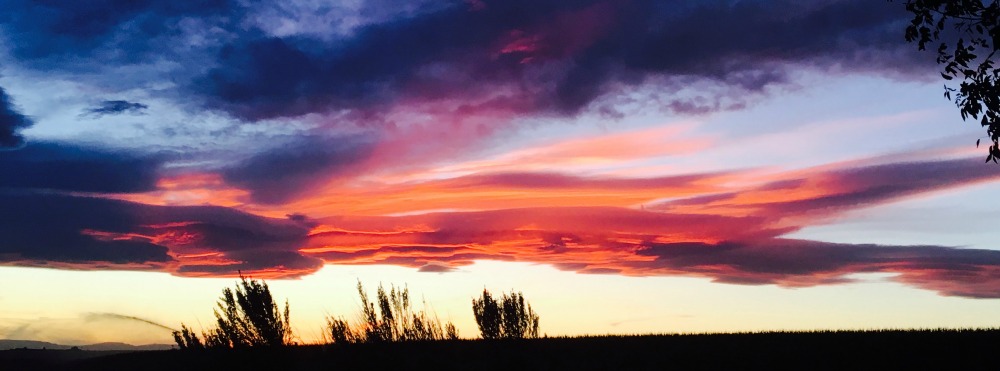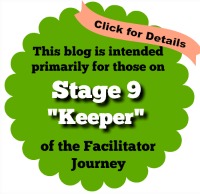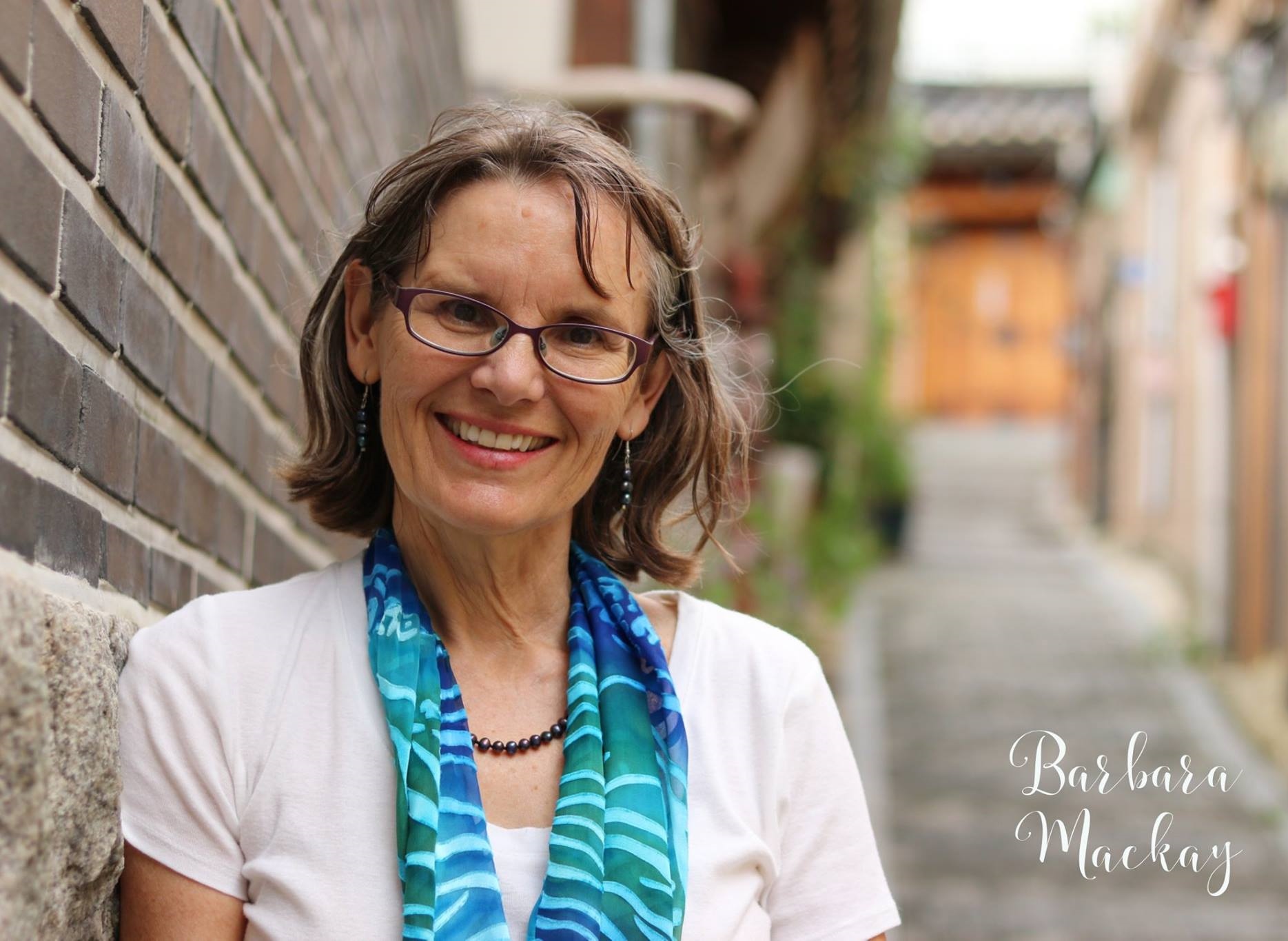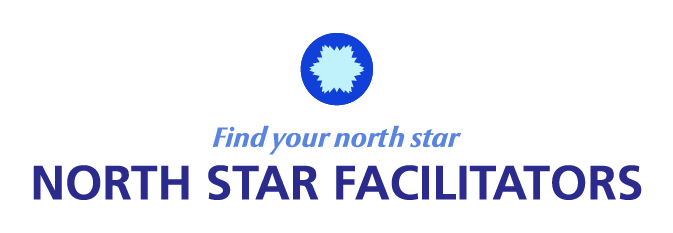Keeping the Faith – The Last 2 Stages of the Facilitator Journey


 There is an old song by American singer-songwriter Billy Joel, called “Keeping the Faith”. I have always liked that song. A few blogs ago, I wrote about the seven stages of the facilitator (See link in Resources below) hinting that there were more stages to come. Well, here are my “musings” or “ponderings” on the last two stages. I believe the last two stages of the facilitator journey are about first, “losing your faith” and then “keeping the faith”. By that I mean, many of us go through a stage of our facilitator life and career where we leave the path either briefly or for prolonged periods. And, thankfully, many of us come back because we rediscover the inspiration to continue this important work.
There is an old song by American singer-songwriter Billy Joel, called “Keeping the Faith”. I have always liked that song. A few blogs ago, I wrote about the seven stages of the facilitator (See link in Resources below) hinting that there were more stages to come. Well, here are my “musings” or “ponderings” on the last two stages. I believe the last two stages of the facilitator journey are about first, “losing your faith” and then “keeping the faith”. By that I mean, many of us go through a stage of our facilitator life and career where we leave the path either briefly or for prolonged periods. And, thankfully, many of us come back because we rediscover the inspiration to continue this important work.
I will share how these two stages looked and felt like to me and what I’ve observed in a few other long time colleagues. Please read it over and send your “musings” too as I’d be curious to hear what your experiences have been.
I am calling stage 8 “Questioner” and stage 9 “Keeper”, of which if you are curious, I’ll explain what I mean in the blog.
Stage 8 “Questioner”
In my facilitator journey, stage 8 was a painful one. It may not be that for everyone but I expect there is a sense of loss for everyone. It definitely, in hindsight, was like being in Joseph Campbell’s underworld hero’s journey (See link in Resources below). I had moved to a new country, restarted my business with absolutely no known supports or connections. Nonetheless, within three years, I was earning as much or more than I had after my first seven years in business and gaining many new experiences in my new country. Yet, I had stretched myself almost beyond my capacity. I was less often in the grow zone and more often in the panic zone. Hint: the grow zone is where we do our best learning! My colleague Nanci Luna Jiménez had reminded me of the classic comfort-grow-panic zone learning diagram:

 Another quality I had to reinforce was courage and assertiveness. As a person born in Canada, I had taken on qualities of niceness and politeness and even passive aggressiveness. These did not always work well in my new country of the USA. I ended up having many upsetting client interactions and was literally fired a few times because of my naivety among many other factors. This had never happened to me before. And, in 2009, I suffered a severe whiplash injury which left me with debilitating 24/7 headaches. I could not lift my arms to hang sticky walls or write on flipcharts and at the end of a facilitation day, I was in agony physically. I began not to be able to process fully what people were saying to me. In this stage, I was questioning my ability to be a facilitator ever again. I literally was not able to do my profession to my standards. I wanted to quit often – my pride kept me from doing so as well as a need to contribute
Another quality I had to reinforce was courage and assertiveness. As a person born in Canada, I had taken on qualities of niceness and politeness and even passive aggressiveness. These did not always work well in my new country of the USA. I ended up having many upsetting client interactions and was literally fired a few times because of my naivety among many other factors. This had never happened to me before. And, in 2009, I suffered a severe whiplash injury which left me with debilitating 24/7 headaches. I could not lift my arms to hang sticky walls or write on flipcharts and at the end of a facilitation day, I was in agony physically. I began not to be able to process fully what people were saying to me. In this stage, I was questioning my ability to be a facilitator ever again. I literally was not able to do my profession to my standards. I wanted to quit often – my pride kept me from doing so as well as a need to contribute  financially to my family. When I finally fully recovered from my injury in 2012, I was worn out and had lost my excitement about and confidence in facilitating. I told myself I was bored but really I was scared. I was nervous about not being as good as I used to be. My questions included: What toll would it take on me to still do this? Where would I find the energy, compassion and focus needed to do the jobs I was called to do? I ended up cutting back significantly on my facilitation work and told myself it was time to pass on my skills and focus on mentoring and teaching about facilitation. I was deep into the questioning stage of the journey for about four years. I think I am now just entering stage 9, what I am calling the “Keeper” stage.
financially to my family. When I finally fully recovered from my injury in 2012, I was worn out and had lost my excitement about and confidence in facilitating. I told myself I was bored but really I was scared. I was nervous about not being as good as I used to be. My questions included: What toll would it take on me to still do this? Where would I find the energy, compassion and focus needed to do the jobs I was called to do? I ended up cutting back significantly on my facilitation work and told myself it was time to pass on my skills and focus on mentoring and teaching about facilitation. I was deep into the questioning stage of the journey for about four years. I think I am now just entering stage 9, what I am calling the “Keeper” stage.
How might this stage manifest for others?
What I saw happening with other colleagues from the outside only, (i.e., I have not had deep discussions with them) were things like, stopping facilitating to take another job or even another career, becoming a chef, or a teacher, or an urban planner. Some took time off to write books or travel. It seems to be what is needed in this stage to have some distance and space to rediscover yourself. The profession can be very demanding. Sometimes you experience several difficult group workshops in a row and it feels like you are not competent anymore. There is really nothing different to do at this stage except perhaps to know there is another final stage. I did not know this. I thought I was “done” forever. I actually am very surprised that I am eager and interested in facilitating again. So if you are getting into or in the midst of the “Questioner” stage, take heart. It may not be the end. Let yourself go through this stage however it happens for you. Each person will experience it differently.
The image I’d use for this stage is a turtle or tortoise. You are moving slowly or not at all. You may even be keeping your head inside your turtle shell! But something is happening and you are preparing for the next stage if that is a good future for you.

Stage 9 “Keeper”
I will be frank, I am only perhaps just entering this stage. So here is what I think it is like. I use the term Keeper because of Billy Joel’s song – we are entering the phase of “Keeping the Faith”. We are “keeping the faith” because we have renewed our faith or trust in the profession of facilitation. We are holding it more lightly but with a certain reverence for its possibilities. We are masters of some aspects of what we do and we can “jam” (like musicians jam or improvise), with other facilitators fairly easily. We are less controlling with our groups and have much more faith in them. We choose which clients groups we want to work with more discernment.
We are “keepers of the faith” also by passing on our skills. We do this through constantly working with other facilitators at different stages so they can learn from us and we can learn from them. We may offer training in facilitation skills or mentor others through difficult jobs. We keep thinking of this work as a “practice”, always to be perfected bit by bit so that things flow well for groups.
In my colleagues, it looks easeful. They are very reflective about their work and it seems nothing disturbs them. Each job is done carefully and skillfully. They know what the group is capable of and they know what to look for as the “openings” to help the group achieve the success they need.
In myself, it is starting to feel that way also. I rarely have nightmares before a difficult job (I used to always have this recurring nightmare that I’d show up without my usual props and no one was paying attention to the activity I was proposing!) I am calmer and even more prepared. I know when to stop preparing because I can expect that things will change and it would not make sense to over-prepare like I did before. I also know my years are limited for doing the toughest work, and I need to keep working with younger facilitators to ensure this profession gets passed on in a beautifully elegant way.
The image I would use to capture this stage is this pond with reflections.

If it seems like I’ve been lost
In let’s remember
If you think I’m feeling older
And missing my younger days
Oh, then you should have known
Me much better
Cause my past is something that never
Got in my way
Oh no
Still I would not be here now
If I never had the hunger
And I’m not ashamed to say
The wild boys were my friends
Oh
Cause I never felt the desire
‘Til their music set me on fire
And then I was saved, yeah
That’s why I’m keeping the faith
Yeah, yeah, yeah, yeah
Keeping the faith
You can keep reading the lyrics here.
Resources
Blog: The 7 Stage Facilitation Journey – Which One Are You On?
Blog: A Hero’s Journey – A Model to Help Groups Through Big Change
Nanci Luna Jiménez, Luna Jiménez Seminars


Sweet, Barb. Thank you for your honest and vulnerable sharing here.
Exactly what do you mean when you use the word, “Facilitator”?
Hi John, thank you for your questions. It’s a very common one that few people have the guts to ask. When I’m speaking about facilitator, I’m referring to the process facilitator, i.e. someone who helps a group articulate their best thinking about a situation, problem, decision to be made. The process facilitator brings no knowledge or content to the group, but ensures the group has access to all of the information they need, both prior to and during a group discussion or meeting. The process facilitator needs to know a lot about the dynamics of the group, the context of the situation, the jargon the group uses and a light understanding of the topic. Their main job is to provide activities, questions, pauses and safety to take data and turn it into something insightful and at times even revolutionary. I hope this helps a little bit. If your curiosity is piqued, please do a search on keywords in our blog or take a look at our YouTube channel: https://www.youtube.com/user/NorthStarFacilitator